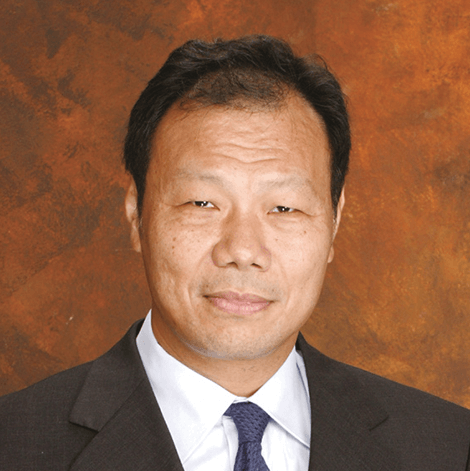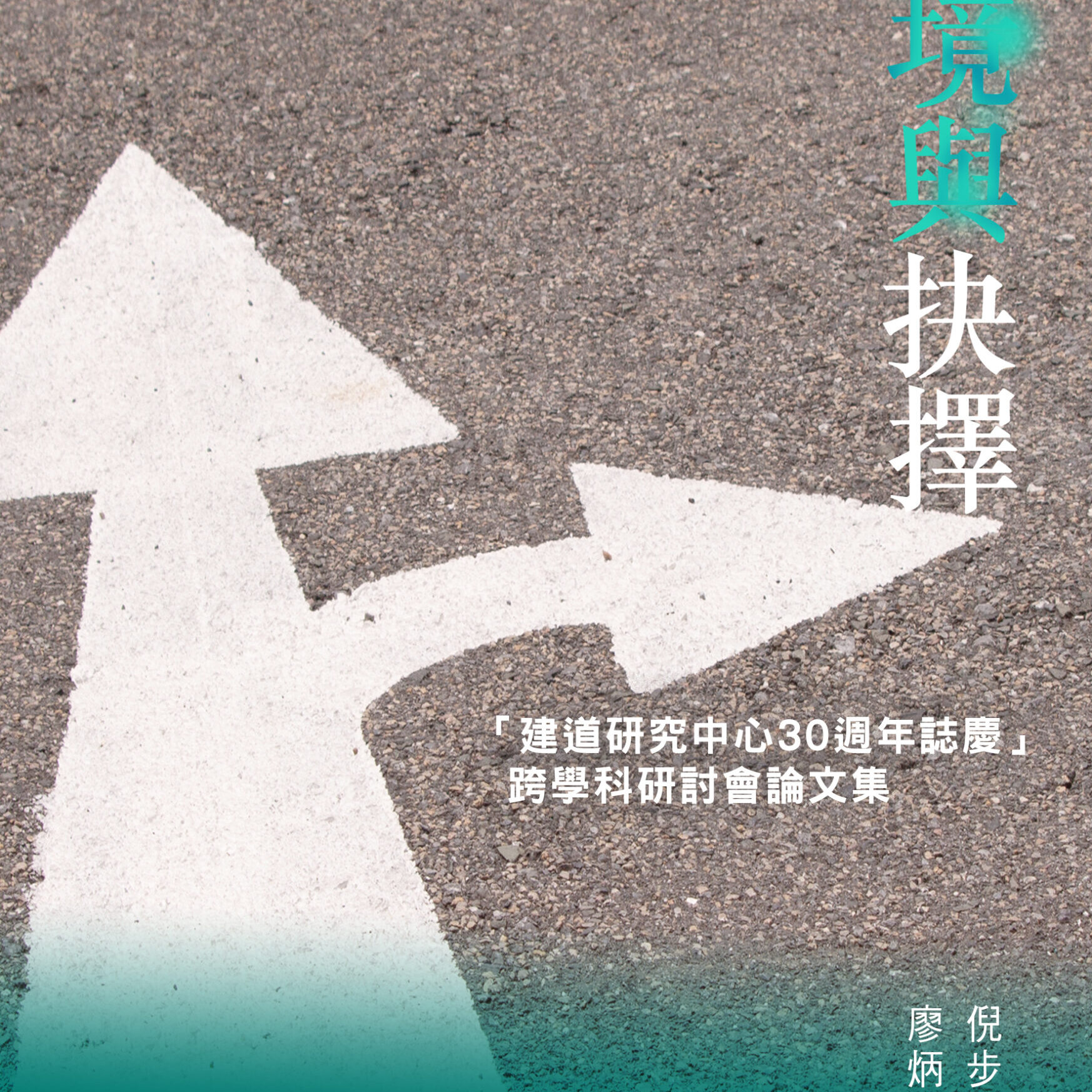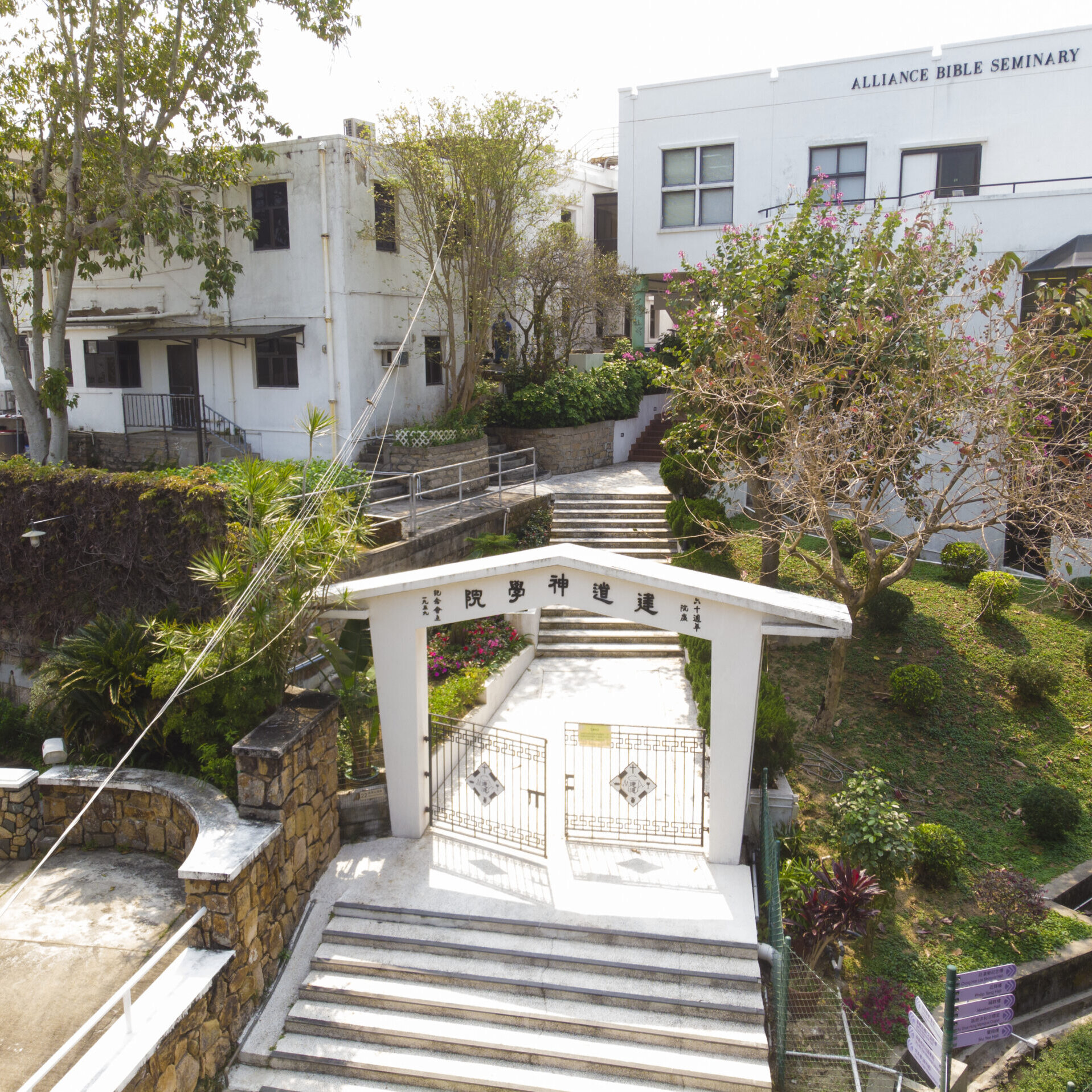還原主義與中國基督教本色化──二十世紀上半葉的華人自由派神學/梁家麟
撮要
還原主義(Reductionism)是自二十世紀初迄今華人基督教本色化最主要的形式,較諸所有其他理論更普遍,亦更容易付諸實踐。事實上,與其他所謂本色化理論不同的是,它不是一個純粹的方向建議,而是具體的行動策略。
「吾道一以貫之。」還原主義可以說是華人思維模式的一個自然傾向,就是化繁為簡,直指事物的本質與問題的核心。但是,這不是純粹的「化約論」,因為它不僅是一般性的約化,而是以「托古改制」的思維方式,強調一切的約化與重訂,都是要復歸基督教信仰的根本精神,這是一個本質主義與基礎主義的論述。還原主義與復原主義(Restorationism),成了保守派華人教會本色化運動的兩個指導性觀念。
本文將論述還原主義的基本信念與操作形式,藉以探討華人本色化神學一個重要的面相。
ABSTRACT
Reductionism has been the major form of Chinese Christian indigenization since early 20th century. It is the most common theory, and is of the highest practicality. Actually Reductionism is not a mere directive proposal, but a concrete strategy for action; and this makes it distinctive from other so-called indigenization theories.
“In one word my way can be concluded.” — There is a natural inclination of the Chinese mode of thinking to Reductionism, which tends to simplify complicated situations, as to point directly to the essence of matters, or the core of problems. However, this thinking mode is not a mere “simplificationism” in general terms, but a mode that proposes reform under the cover of antiquity. It emphasis all revision and simplification aim to restore basic ethos of Christian beliefs. It is an essentialist and fundamentalist discourse. Reductionism and Restorationism have become the two guiding concepts of the indigenizational movement among conservative Chinese churches.
This article analyzes basic convictions and mechanism of Reductionism, as to investigate an important aspect of Chinese indigenized theology.
原載於《建道學刊》19期(2003年1月),頁1-38。
作者簡介
梁家麟
傑出教授
榮譽院長
最新文章
新手牧者研究計劃(三):新手牧者的身心靈狀態 / 盧慧儀
2025 年 11 月 19 日
【教牧退休】好好理財 退而不憂 / 林本利
2025 年 10 月 1 日
【教牧退休】生前身後的管理:平安三寶 / 陸文慧
2025 年 10 月 1 日
編輯精選
[電子書]困境與抉擇:「建道研究中心30週年誌慶」跨學科研討會論文集/廖炳堂、倪步曉主編
2025 年 1 月 2 日
從梧州到長洲:建道神學院125年的挑戰與恩典 / 陳智衡
2023 年 10 月 1 日
微小教會的見證/高銘謙
2023 年 6 月 1 日








